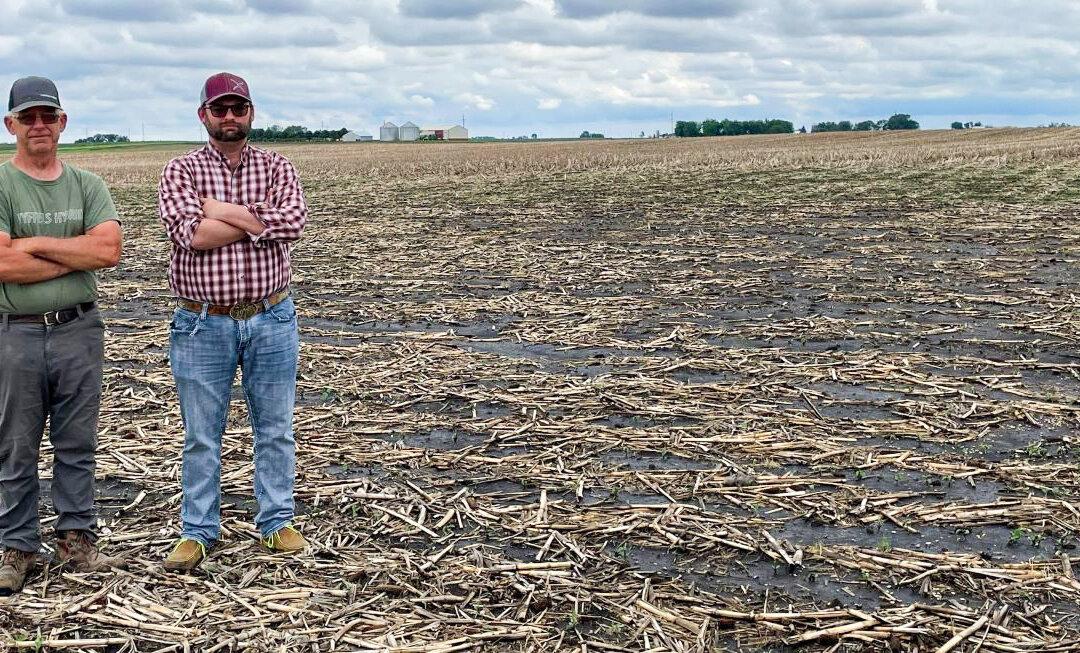The land easement acquisition woman who knocked on Wayne Hanson’s door had a box of doughnuts.
She arrived without an appointment, walked past the front desk of the nursing home complex, and stopped at Hanson’s independent-living senior apartment.

The land easement acquisition woman who knocked on Wayne Hanson’s door had a box of doughnuts.
She arrived without an appointment, walked past the front desk of the nursing home complex, and stopped at Hanson’s independent-living senior apartment.